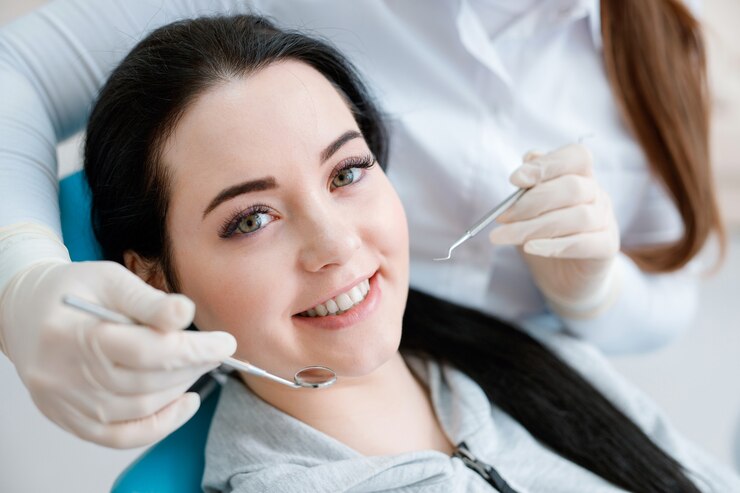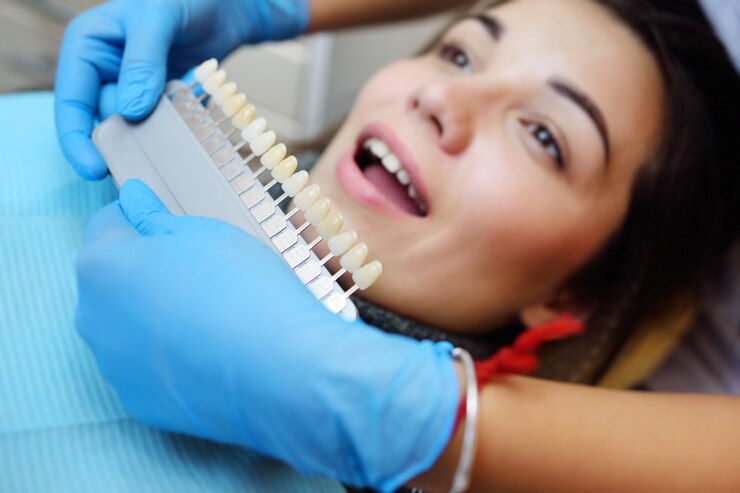Why Drinks Matter to Your Enamel
Every sip you take can have an unexpected effect on the outer shell of your teeth, known as enamel. In a normal mouth, saliva helps restore minerals when the pH falls after eating or drinking. But many drinks are acidic (below pH 5.5) and slowly dissolve enamel. Sugar added to drinks feeds harmful bacteria, producing more acid and accelerating decay. Frequent sipping, even of otherwise okay beverages, maintains a low-pH environment that erosion loves. So, knowing which drinks boost oral health and which ones harm enamel is essential.
Beverages That Benefit Your Dental Health
Plain Water (Fluoridated, Ideally)
Still, drinking water remains the best option for oral health. It doesn’t contain acid or sugar, and municipal sources often include fluoride, which strengthens enamel and helps repair early decay. Sipping water also rinses away food particles without promoting acid build-up.
Milk or Fortified Non‑Dairy Calcium Drinks
Milk has a nearly neutral pH and is high in calcium and phosphate, which create the blocks of enamel. Numerous experts point out that people who habitually drink milk (or fortified plant-based milks without added sugar) tend to have fewer cavities. Consume it plain and avoid chocolate or sweetened versions.
Unsweetened Tea (Green, White, or Herbal without Citrus)
Plain green or white tea has natural polyphenols and tiny amounts of fluoride. These help reduce harmful bacteria and strengthen enamel slightly. Avoid sweetening or adding lemon or other fruit; acidic additions undermine the benefit.
Beverages That Often Damage Your Teeth
Soda, Cola, and Carbonated Soft Drinks
Sodas rank among the worst offenders. Carbon dioxide produces carbonic acid, and many colas contain phosphoric or citric acid. Combined with sugar, they create an aggressive acid bath for enamel. Their pH typically ranges between 2.5 and 4. Over time, repeated exposure can cause permanent damage.
Diet Sodas and Sugar‑Free Variants
Even without sugar, diet sodas remain acidic (often pH 3 – 4). Sweeteners don’t feed bacteria, but the acid still erodes enamel. Drinking through a straw or brushing immediately will not stop acid damage; wait to brush instead.
Sports Drinks and Energy Drinks
Marketed as healthy hydration options, many sports and energy drinks are both highly acidic and loaded with sugar. Studies have shown they may cause more enamel erosion than regular sodas, especially if sipped slowly throughout the day.
Fruit Juices and Smoothies with Citrus or Added Sugar
Even 100 percent fruit juices like orange, grapefruit, or apple are acidic enough to wear away enamel over time. Blended smoothies can be double‑edged: they contain beneficial vitamins, but also sugar and acid if you add fruit, yogurt, or sweeteners. Frequency and sipping style matter most.
Alcoholic Drinks (Wine, Champagne, Cocktails)
Wines and sparkling drinks (like prosecco) often have a pH between 3 and 4, making them corrosive to enamel. Sugar‑sweetened cocktails are even worse. Alcohol also dries out the mouth, reducing saliva’s protective action and increasing decay risk.
Coffee and Tea with Sugar, Milk, and Flavoring
Black coffee and tea have moderately acidic pH but minimal sugar. Adding sugar, syrups, or sweetened cream greatly raises the risk. The acid encourages staining and rough surfaces where plaque can flourish.
Smart Choices and Habits to Protect Teeth
Enjoy Potentially Harmful Drinks Better
- Use a straw when sipping soda, juice, energy drinks, or wine to reduce enamel contact.
- Drink them with meals instead of snacking throughout the day. Frequent exposure causes more damage than volume.
- After an acidic drink, wait at least 30 minutes before brushing. This gives saliva time to rebalance pH—brushing earlier can wear softened enamel away.
Balance Harmful Sips with Healthier Alternatives
- To wash away acids, drink a glass of fluoridated water after your soda, juice, or coffee.
- Chew sugar‑free gum (with xylitol) after meals to stimulate saliva and help neutralize acidity.
- Keep sugary or acidic beverages for occasional enjoyment, not everyday drinking.
Final Word on Beverage and Oral Health
Your favorite beverage doesn’t have to become enemy number one—what matters is knowing which drinks bring benefits, which cause harm, and how you consume them. Beverages that are Good and Bad for Oral Health come in clear categories: water, milk, and unsweetened tea help protect your smile; sodas, juice, sports drinks, alcohol, and sweetened coffee put your enamel at risk. By adjusting when and how you drink, rinsing with water, and avoiding constant sipping, you can enjoy refined taste while letting your teeth stay strong.


